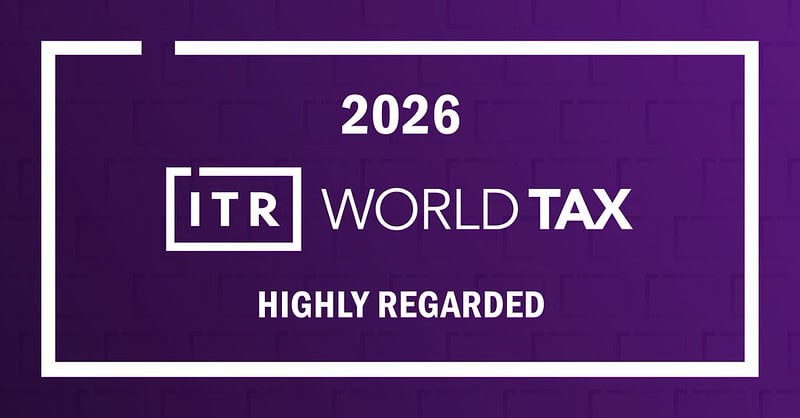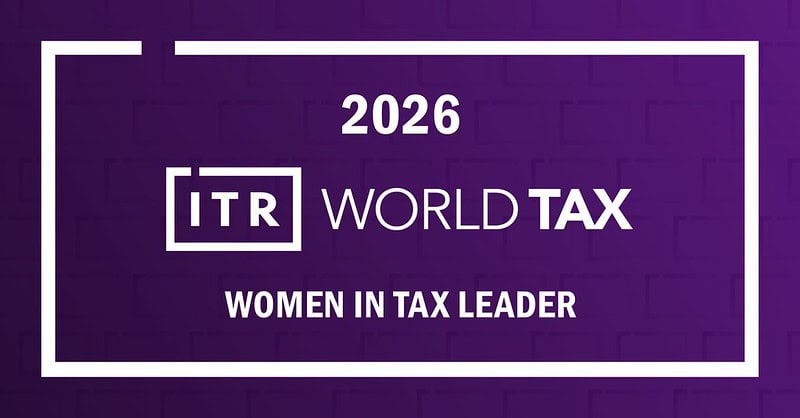Oldham, Li & Nie has once again been recognised as Hong Kong SAR Law Firm of the Year at the eighth annual asialaw Awards 2025, reaffirming its position as the leading firm in the region. The awards ceremony took place on 6 November 2025, in Ho Chi Minh City, Vietnam, where our Partner Anna Chan and Senior Associate Kacy Lam accepted the accolade on behalf of the firm.
This marks the second consecutive year that OLN has received this top jurisdictional honour, reflecting our continued commitment to excellence, innovation, and client service across all our practice areas.

About asialaw Awards
The asialaw Awards, organised by asialaw – a prominent legal directory known for its comprehensive regional rankings – recognise the most outstanding law firms, practitioners, and deals across Asia each year.
For 2025, asialaw celebrated legal excellence across 20 jurisdictions and 28 practice areas and industry sectors, based on meticulous research and feedback from clients and peers.
For the full list of winners and more information on the asialaw Awards 2025, please visit the asialaw website.
 香港中環雪厰街二號聖佐治大廈五樓503室
香港中環雪厰街二號聖佐治大廈五樓503室 +852 2868 0696
+852 2868 0696










